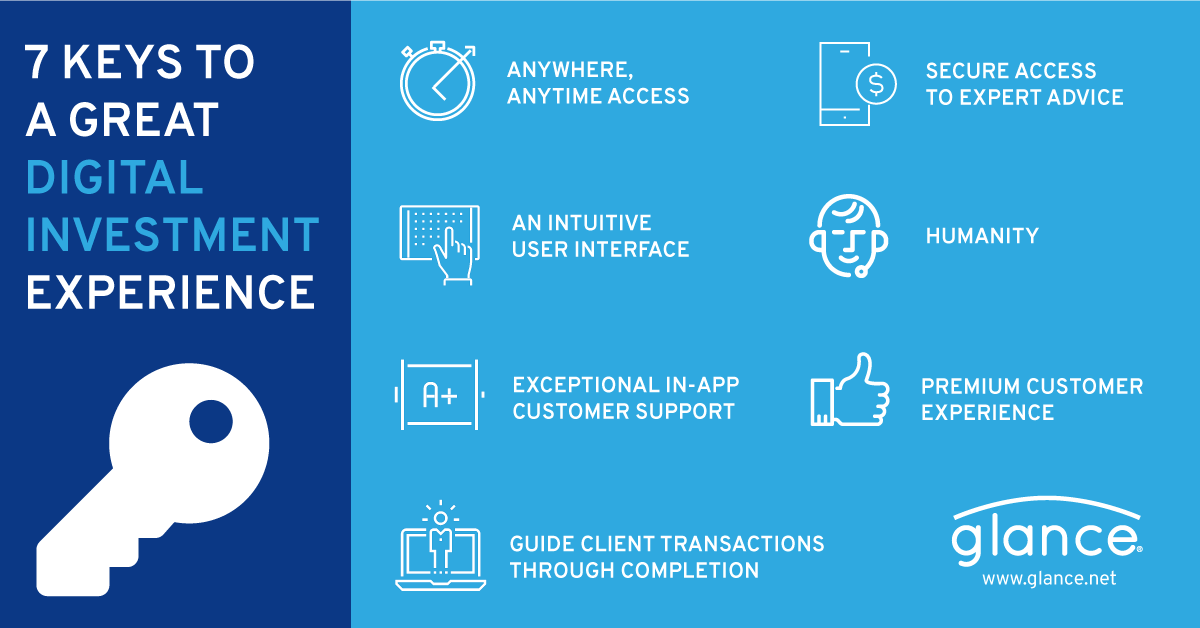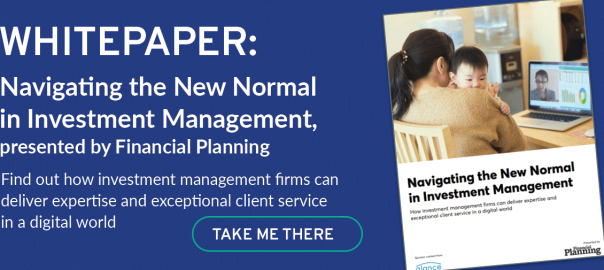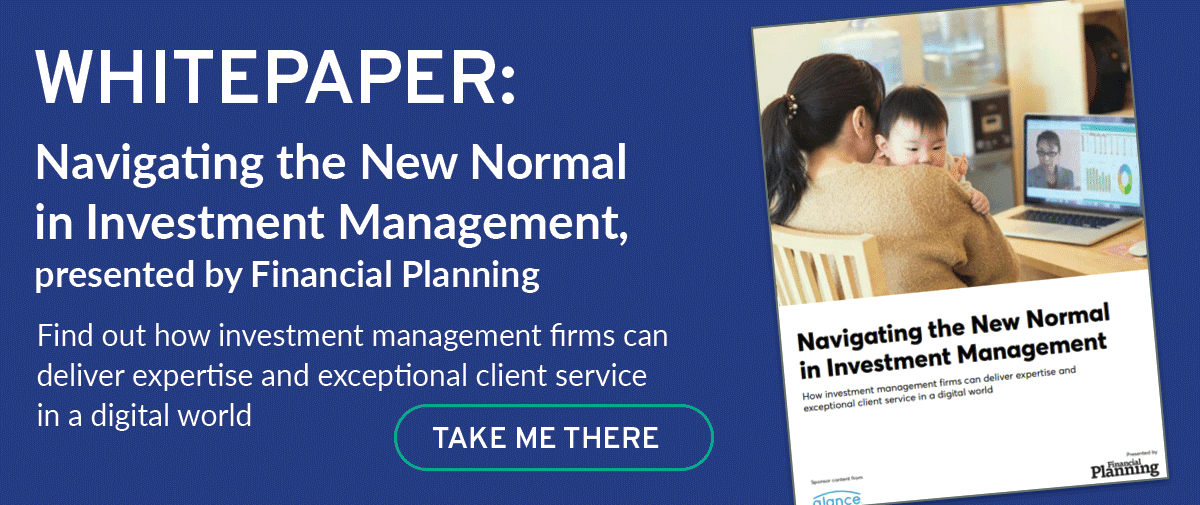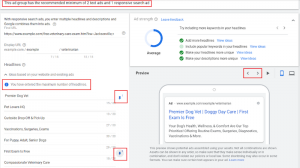Investment management has seen major digital transformation in the past decade. That transformation has disrupted the way investors and wealth managers interact, as well as the very business model of investment management companies. In order to compete in today’s digital economy, investment management companies must move faster than ever before.
They also need to provide an exceptional customer experience. Anthony Denier, CEO of the Webull digital trading platform, summed it up when he said, “the industry will now have to shift to offer better trading technology tools and an overall customer experience.
The end of the in-branch meeting?
The status quo took another hit in 2020 when the COVID-19 pandemic forced financial institutions to close branches and suspend in-person meetings. If investment managers were meant to succeed based on delivering exceptional service, how were they supposed to accomplish this when they were no longer able to sit across the table from clients to learn their investment objectives and present strategies? March of 2020 saw rapid adoption of online meeting software for conducting virtual meetings, but that was quickly followed by news about dramatic violations of financial services data security and privacy policies exposed by those same tools. Investment management companies must develop a digital version of the in-branch meeting that complies with financial-grade data security and privacy policies.
What does it take for investment management firms to thrive in a digital world?
To be clear, client craving for the convenience of digital has been brewing for some time; COVID-19 simply accelerated this desire. Digital startups and robo-advisors are thriving, reporting Q1 2020 growth in new account openings ranging from 50% to 300% compared to the previous period, according to Aite Group.
At the same time, clients are starved for financial advice and consultation from human experts. Many want financial education and holistic financial advice that takes into account their overall life situation. They want to be involved in and take charge of their overall financial health. Research from Vanguard shows that emotional elements like trust and personal connection with a human advisor account for about 40% of the investor’s perceived value of their relationship with an investment firm. COVID-19 has further stimulated the hunger for financial knowledge as seven out of ten Americans are concerned about the pandemic’s impact on their finances.
To thrive in this new landscape, investment management firms will need to create a unique value proposition for clients that combines a digital experience with the human touch. Forrester predicts that in 2021 investment management solutions with human advisors behind them will fare better than solutions that rely entirely on robo advisors. These investment managers must be able to join customers in the digital experience to deliver expert advice and guidance in real-time. This combined digital/human interactivity can enable financial brands to attract younger tech-savvy clients and support traditional clients who might not be entirely comfortable with the new pandemic-driven digital reality.
Digital will also play a role in helping advisors grow assets by expanding their client base beyond geographic boundaries and capture additional client wallet share.
7 Keys to a Great Digital Investment Experience

A better digital experience can help advisors achieve their objectives to:
- Fill the trust and empathy void between clients and advisors as more interactions are pushed to the digital channel
- Empower clients to make better, more confident financial decisions
- Increase the number of completed transactions
- Increase portfolio asset value, share of wallet, loyalty, and lifetime customer value
This post is an adaption from our latest white paper, “Navigating the New Normal in Investment Management. You can download the full white paper for free by clicking below.
Business & Finance Articles on Business 2 Community
(28)
Report Post





